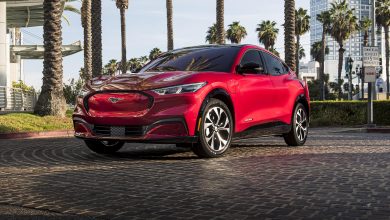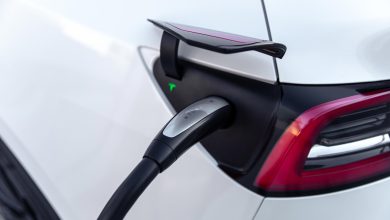
The Georgia Senate is currently reviewing a new bill focused on regulating electric vehicles (EVs) within the state. Senate Bill 146 has been created by merging priorities from similar measures passed by the Georgia House and Senate before Crossover Day.
This bill proposes three significant amendments related to EV charging: charging stations would bill customers by kilowatt-hours, the Department of Agriculture would oversee charger regulation, and an excise tax would be imposed on electricity sales.
Anne Blair, a Senior Policy Manager at the Electrification Coalition, believes the excise tax could compensate for lost gas revenue but should not be in addition to existing annual fees.
“It should not be in addition to a flat fee for EV drivers,” she said. “You know, we pay three different taxes right now in addition to the vehicle purchase tax.”
The latest draft of the Senate bill would impose a tax of 26 cents per 9 kWh on EV owners, effective from January 1, 2025. However, a Georgia Sierra Club representative expressed concerns to the Senate Committee on Regulated Industries and Utilities, requesting the excise tax be postponed until 2028 for further research.
During the committee meeting, Georgia Senate Majority Leader Steve Gooch emphasized the importance of implementing these regulations promptly.
“With a $135 million federal grant being provided to GDOT this year for contractors to deploy charging stations, they need clarity on the technology that must be retrofitted,” Gooch said.
The grant mandates that specific numbers of chargers be installed in key corridors, adhering to speed and car compatibility standards. To comply, Georgia needs to construct additional charging stations and upgrade existing ones in line with the new state regulations.
States explore alternative methods to recuperate the “gas tax” revenue

Over 30 states currently impose electric vehicle (EV) fees on their residents. These fees, often paid annually or biennially, are designed to mirror or surpass the amount paid by drivers of gasoline-powered vehicles. Commonly referred to as a gas tax, the revenue generated is typically allocated to the Department of Transportation for the maintenance of roads.
A research study sponsored by the County Road Association of Michigan and other organizations discovered that electric vehicle owners contribute between 70% and 80% of the state and federal taxes and fees paid by drivers of traditional gas-powered vehicles. Fuel taxes make up 84% of federal and 29% of state highway funding.
It’s worth noting that electric vehicles generally have a higher price tag compared to conventional automobiles. As a result, EV owners pay increased sales taxes and elevated municipal excise taxes.
In Louisiana, policymakers have suggested implementing a fee applicable to all vehicle drivers, based on the miles driven. A tracking device could potentially be used to collect the necessary data for this mileage-based fee system.
Related: Alabama Power Announces EV Charging Incentives
Electric Car Manufacturers Must Adhere to New Law in Mississippi




